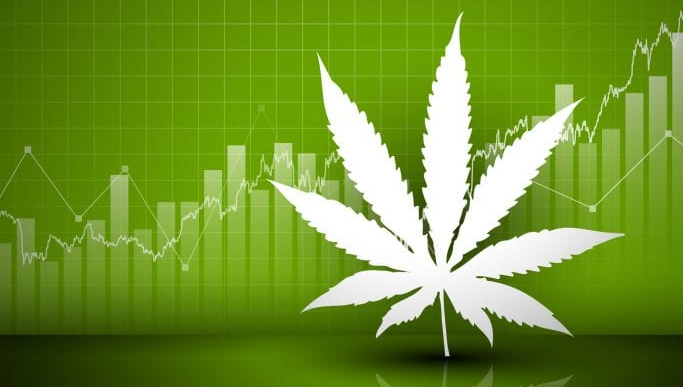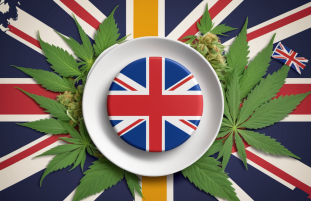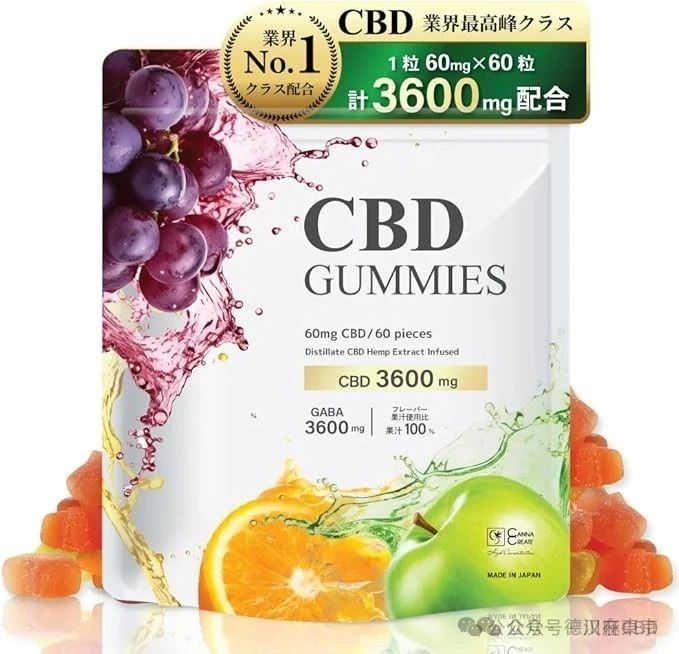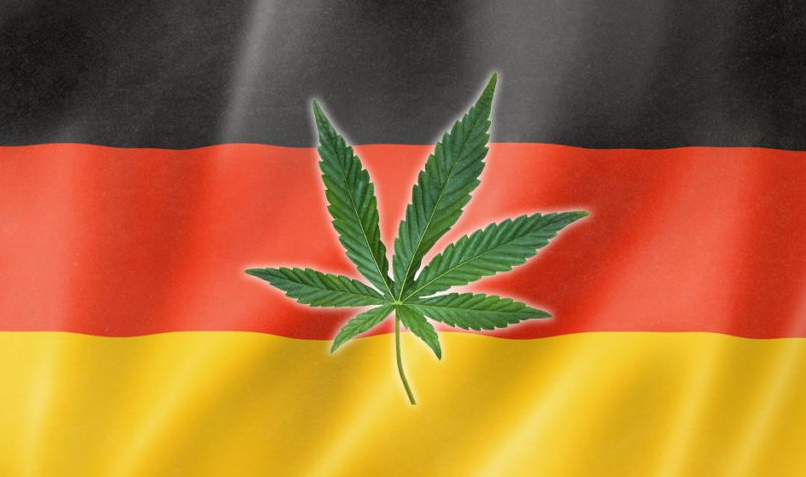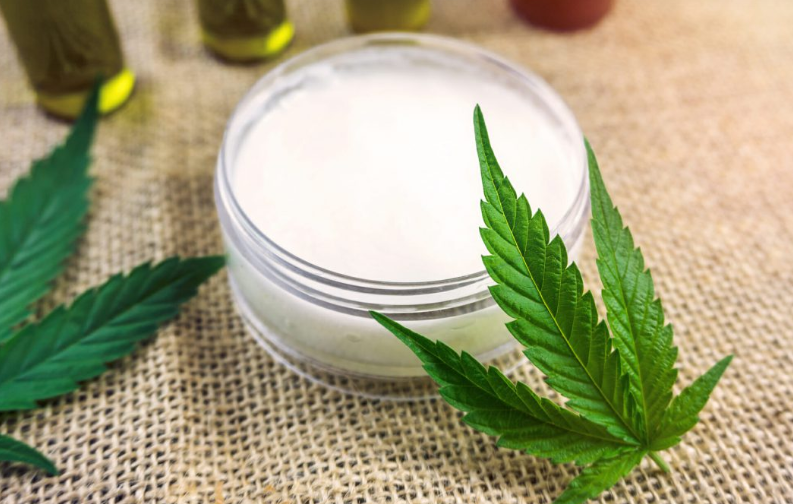Using cannabis extracts to quit drinking? Study Proves Effective
Alcoholism is a widespread social problem. Addiction to alcohol and the various serious consequences of drunkenness are enough to show that alcohol is objectively different from “drugs” only by legal definition. Therefore, alcohol addiction withdrawal is also an important topic in medicine. Can cannabidiol (CBD), an extract of Cannabis derived from the “drug”, help with alcohol withdrawal?

Alcohol use disorder (AUD) is a complex and common substance use disorder that includes alcohol dependence and alcohol abuse. About 2.3 billion people around the world drink alcohol, and prolonged and heavy use of alcohol can lead to a variety of diseases and even death. Long-term repeated alcohol intake can lead to alcohol dependence, alcohol addiction, alcoholism, alcohol abuse and other manifestations, thus causing a series of neurological lesions damage.
The World Health Organization (WHO) pointed out in its Global Alcohol and Health (2018) report that alcohol use leads to about 3 million deaths globally each year, accounting for 5.3% of all deaths, resulting in a serious medical, social and economic burden. In addition, an epidemiological survey showed that the overall drinking rate among Chinese adults was 30.5 per cent, 53.8 per cent among men and 12.2 per cent among women. The rate of excessive drinking is 14.0% for men and 1.1% for women, and the average daily drinking rates for men and women are 25.7% and 10.9%, respectively.
Medically, we categorize these people with severe drinking problems as having an alcohol use disorder (AUD). AUD is a chronic relapsing mental disorder (some research suggests that it is a brain disorder.)
In recent years, cannabidiol (CBD), a non-psychoactive phytochemical constituent of cannabis, has received attention for its potential benefits in neuropsychiatric disorders. CBD has been shown to have a moderating effect on symptoms of psychiatric disorders such as anxiety and depression, but its effects on alcohol addiction have not been systematically evaluated.
Recently, an important study was published, which aimed to assess the effects of acute cannabidiol (CBD) administration on alcohol craving and alcohol-induced brain activation (specifically nucleus ambiguus, NAc) responses through a double-blind randomized controlled trial.
( Paper address: https://doi.org/10.1038/s41380-024-02869-y)
This study was a double-blind randomized controlled trial, which was conducted at the Central Institute for Mental Health in Mannheim, Germany. The trial was approved by the local ethics committee and complied with the requirements of the Declaration of Helsinki. Patients with alcohol use disorders aged 18 to 60 years were recruited for the study, and participants were randomly assigned to either the CBD group or the placebo group.
Each participant received oral CBD (800 mg) or placebo on the test day and underwent blood sampling, stress stimulation, and an alcohol cue exposure task followed by a functional magnetic resonance imaging (fMRI) scan 3 hours after administration. The primary endpoint of the trial was alcohol cue-triggered activation of the nucleus ambiguus, and secondary endpoints included alcohol craving and changes in CBD plasma concentrations.
A total of 28 eligible patients with alcohol use disorders participated in the study, 25 of whom provided fMRI data for the primary endpoint analysis. The results showed that the CBD group had significantly lower activation in the nucleus ambiguus than the placebo group. In particular, both left and right nucleus ambiguus activation was significantly lower in the CBD group than in the placebo group when stimulated by alcohol cues (pFWE left nucleus ambiguus = 0.001, right nucleus ambiguus = 0.002). In addition, the CBD group showed significant improvement in Alcohol Urge Questionnaire (AUQ) scores, especially after combining stress and alcohol cue exposure, and the change in alcohol craving in the CBD group was less than that in the placebo group. Significant negative correlations were found between plasma CBD concentrations and nucleus accumbens activation and craving scores, suggesting a dose-response relationship between the therapeutic effects of CBD and its plasma concentrations.
Acute CBD administration significantly reduced alcohol craving and suppressed alcohol cue-triggered activation of the nucleus accumbens. This result supports the potential of CBD in the treatment of alcohol use disorders, particularly in modulating alcohol cravings through neural mechanisms. Future studies may further explore the long-term effects of CBD and its application in clinical treatment.



